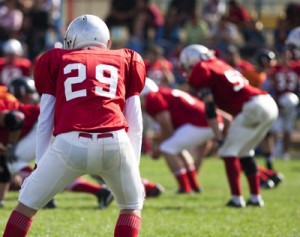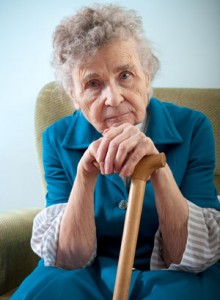 This is not a blog post about the sport. It’s about the medical treatment of the players. It’s about the indiscriminate use of prescription medications to keep these players on the field at whatever cost to their physical and mental health.
This is not a blog post about the sport. It’s about the medical treatment of the players. It’s about the indiscriminate use of prescription medications to keep these players on the field at whatever cost to their physical and mental health.
I’ve been aware of these issues for a long time, because I’ve seen so many former athletes of every shape and size need drug rehab after all the injuries they’ve suffered.
The issue of players being addicted to prescription drugs after they leave the league has been building for several years now. In 2009, former Tampa Bay Buccaneer Randy Grimes went public with his addiction to painkillers and anti-anxiety medication, and he got clean at a rehab in Florida. He said he was motivated to get sober after another player from the Buccaneers, Tom McHale, died of an overdose of painkillers and cocaine.
It’s hard to hold a hard line and refuse pills when your trainers and/or doctors are telling you to take these pills. It’s hard to refuse them when you’re in pain and you are being told to get back out on the field, when you have a family that counts on your continued income.
I’m just glad that this issue is coming out in the open. Perhaps we can get to a point where we don’t have these players becoming addicted during their careers.
And it’s Not Just Football Players – American Seniors are Also Struggling
 Another news report that came out today from USA Today that featured interviews talking about how the elderly too often unintentionally and unknowingly become addicted to pain medication. In the cases mentioned in this report, those affected were just following their doctors’ instructions. But pain medication for a long-term treatment is going to cause dependence.
Another news report that came out today from USA Today that featured interviews talking about how the elderly too often unintentionally and unknowingly become addicted to pain medication. In the cases mentioned in this report, those affected were just following their doctors’ instructions. But pain medication for a long-term treatment is going to cause dependence.
Sometimes people who become dependent on pain medication do not also become addicted to it. By that, I mean that they don’t rely on it to get them through the day. They don’t use the drugs to mask other situations, like loneliness or depression. But some people taking pain medication do. They begin to use the drug to make their problems go away. If their doctor tries to take them off the drug, they are likely to find another doctor who will continue to prescribe it.
A few weeks ago, there was a national drug take-back day – this is an event sponsored by the Drug Enforcement Administration. Across the nation, police stations or health centers are enrolled in this program to take back and destroy unneeded prescription drugs. This April 26th, a total of 39 TONS of drugs were received for destruction.
When we reduce the amount of these drugs being prescribed, fewer people will become addicted and fewer people will need rehabilitation. That really is the goal of drug rehab, to help the addicted find lasting sobriety and so reduce the number of addicted people. Here at Narconon, we work hard at this every single day.